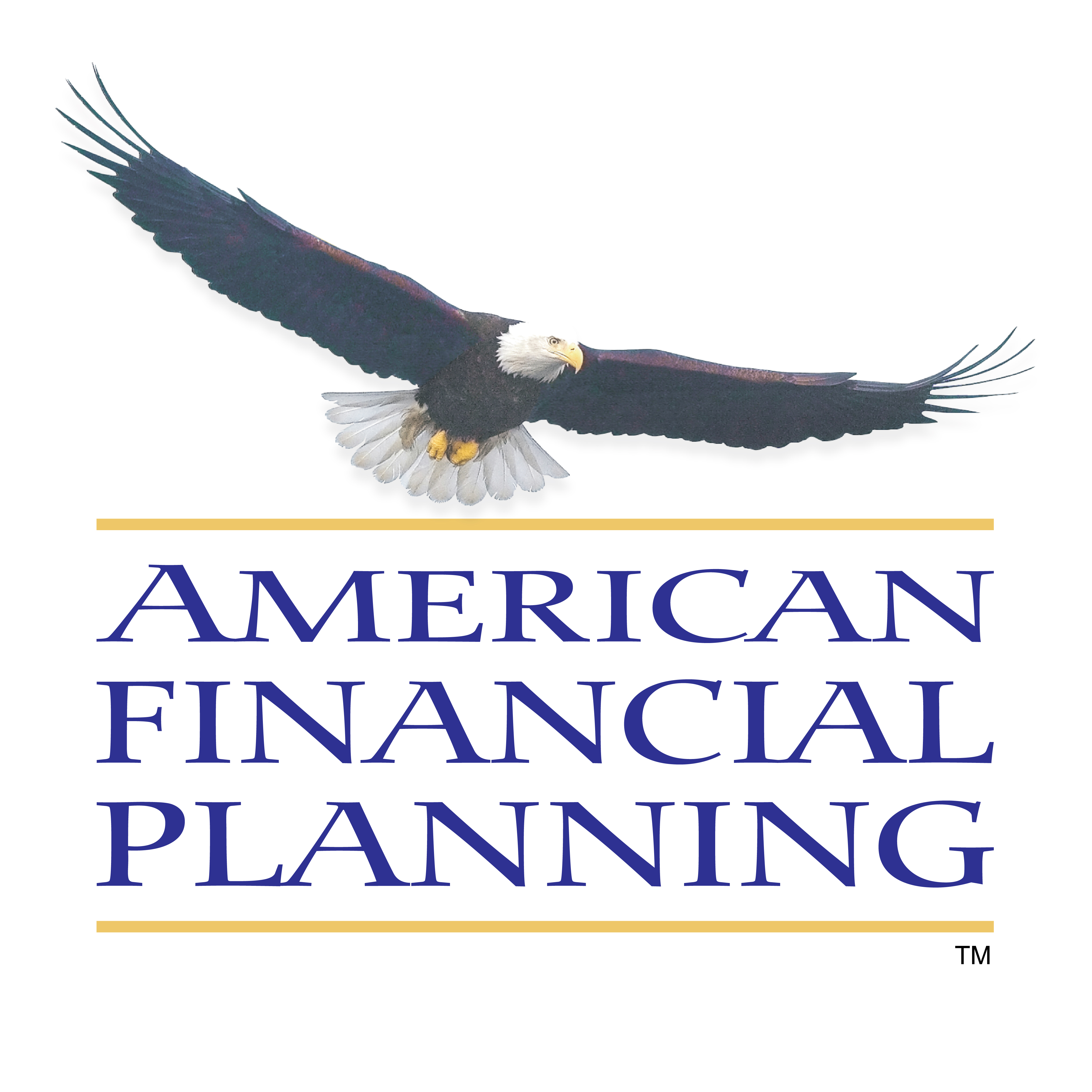I was recently asked to be on a panel discussion for a professional group of Virginia lawyers where the discussion centered on surviving an economic downturn during one’s career. The coronavirus pandemic brought its own set of challenges professionally, financially, socially, physically, academically, and even spiritually, but there are a plethora of other disasters that could potentially wreak havoc on your life. Some of these unexpected events can include loss of a loved one or business partner, disease, loss of a job or big client, damage to a home or vehicle, or suddenly finding yourself the defendant in a lawsuit.
While many of these occurrences are outside of your control, it’s important to do what you can to prepare adequately ahead of time so that when the unthinkable happens, it doesn’t sink your ship. Here are 6 things you can do today to strengthen your financial wellness and make it more secure in an economic downturn.
- Set aside an emergency fund. I know this is the most cliché financial advice, but it’s true. When you have 3-6 months of living expenses set aside in a savings account, CD, or money market account, then you feel more secure in your finances to take more risks, build more wealth, and be prepared for disaster.
- Don’t cash your investments out just yet. Selling at the bottom only locks in a loss. Those who sold their stock market investments in March last year locked in huge losses and missed out on the greatest and shortest stock market recovery in history. Hold those assets!
- Get a personal liability umbrella policy. This policy will insure you for up to a million dollars of liability insurance for less than $200/year. This will protect you in the event that you are held liable for bodily injury or property damage. The more money you have, the more you will have a target on your back and be more susceptible to litigation risk. There are policies for business owners relating to errors and omissions and malpractice insurance for healthcare providers.
- Practice wellness. During our panel discussion, the subject of wellness was brought up several times as it relates to mental and physical health. The isolation that 2020 brought us was damaging to many people’s sense of security, belonging, and happiness. It’s important to prioritize wellness by going to counseling, exercising, practicing some sort of socializing whether in person or zoom, and seeking to control the things we can control and not stress over the things outside of our control.
- It should be a given that you will have life insurance to provide for your loved ones in the event of your death. I recommend buying level-term life insurance because it is much cheaper than cash-value life insurance policies which have sub-par rates of return and are often touted as investment vehicles, but are often inferior to a strategy of buying term life and investing the difference. You may also consider buying disability insurance because you’re more at risk of becoming disabled then you are to die. If you’re in a specialty high-paying field, then you’ll want “own-occupation” disability insurance.
- If you’re a business owner, you need an up-to-date continuity plan. This plan will answer the key questions of how will the business keep going if you’re unable to work because of sickness or death, who is there to help when you are away, and what processes are in place if there is a loss of power, storm, etc. If you have a business partner, then you should consider getting a life insurance policy on them so that you can buy out their shares of the practice in the unfortunate event of their death and vice versa.
I’m reminded of the Serenity Prayer written by Reinhold Niebuhr and popularized by AA which says,
God, grant me the serenity to accept the things I cannot change,
courage to change the things I can,
and wisdom to know the difference.
I pray that you remain free from disastrous events in your life, but if you do suffer from an economic downturn, I hope that you’re prepared for it and that you’ve built a moat around the castle of your life to protect what you can.



